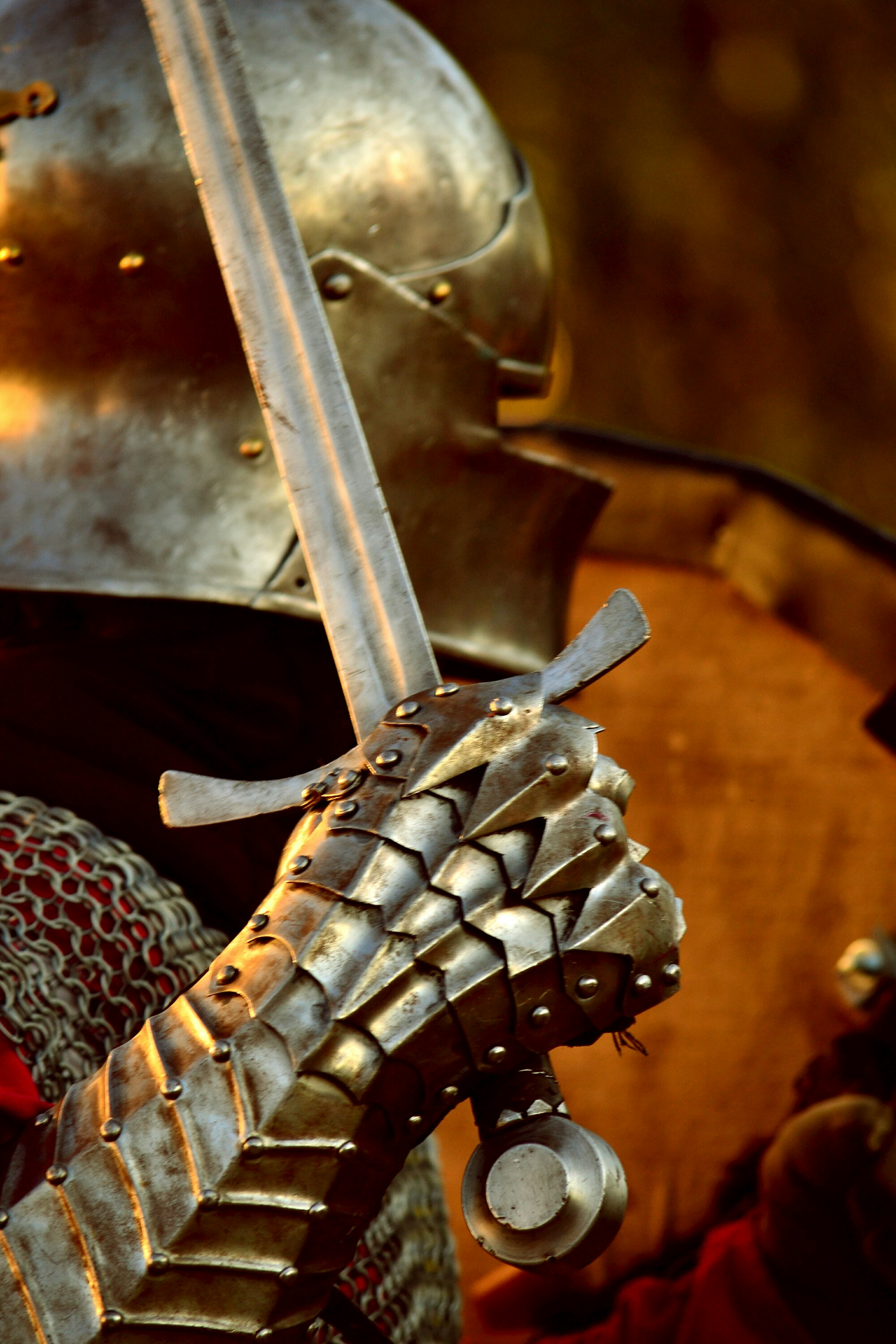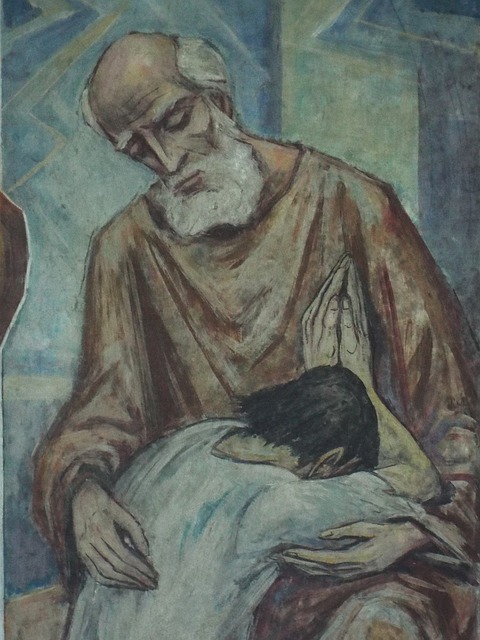
13 Is anyone among you suffering? Let him pray. – James 5:13
Wise Guy
The Book of James is often referred to as the Proverbs of the New Testament. In this short Book, James, the half brother of Jesus, focuses on practical Christian living. Under the conviction that faith without works is dead (James 2:17), James encourages Christians to live like Christians. He is not interested in mere words; he desires action. According to James we must not deceive ourselves. We must be doers of the Word and not hearers only (James 1:22-23).
For James, if our faith doesn’t result in real life change, it is a worthless faith. Using very sobering words, James reminds us that even the demons believe in God and shudder (James 2:19), but their “faith” isn’t going to save them. In fact, he likens such faith to a body without a spirit (James 2:26). Dead.
James isn’t simply speaking in theoretical terms. He once walked the path of unbelief. Before the resurrection of Jesus, James did not believe that his half brother was the Messiah (John 7:6). In fact, before James’ spiritual eyes were opened, he might have been among those who thought Jesus was “out of His mind” (Mark 3:21). But James would soon come around!
Wisdom may come in small steps, but it always takes the path of prayer (James 1:5).
Oh Brother
James may not have been a believer during the life of Jesus, but you would have to suspect that living with Him under the same roof for the better part of three decades would have left an impression on him. While the sinless nature of Christ may have been rather convicting at times, James must have certainly been moved by the humility, selflessness and sincere love of Jesus.
How much of the Angelic encounters and the unique birth of Jesus did Joseph and Mary share with their other children? Certainly they heard rumors that Jesus was conceived out of wedlock (John 8:41). How would James reconcile the claims of his parents and the “evidence” offered by the skeptics?
James may not have been a believer during the life of his half brother, but his cynicism was no match for the death and resurrection of Jesus. After the resurrected Christ appeared to James (1 Cor. 15:7), there was no going back. James was no longer a doubting half brother; he was forever to be a servant of the Lord Jesus Christ (James 1:1).
Suffering
James addresses his book to the Jews who are dispersed. The twelve tribes were subjected to great trials, so accordingly, James encourages them to look at the positive aspects of their suffering. In fact he tells them to count it all joy.
I have written so often about suffering that I was reluctant to do so again. But unfortunately it is a subject we cannot get away from. We are surrounded by so many hurting people. Friends who have lost a baby. Coworkers who have lost a spouse. A classmate who was just diagnosed with stage four cancer. The trials are never ending. Sadly, for many, the suffering is most intense during the Christmas season.
In A Christmas Carol, Charles Dickens reminds us that during the Christmas season, “Want is keenly felt, and Abundance rejoices.” Those that lack are reminded of their lack and those that have will revel in their abundance. For many, it is hard to be joyous when there is an empty chair at the feast. The lights lose their glimmer and the music isn’t as uplifting without our loved ones to share them with. For many that have so long rejoiced in abundance, want is difficult to embrace.
Is anyone among you suffering? Let him pray.
Prayer
Doesn’t James’ advice seem like an oversimplification? He doesn’t tell the suffering to get counseling. He doesn’t tell them to take a drug, or in his day grab the wine bottle. Nor does he tell them to record their feelings in a journal. No mention is made of a self help group or group therapy. James’ primary concern for the suffering is to go to Heaven’s throne in prayer.
As is evidenced by his epistle, James believed in the power of prayer. And He modeled what he preached. Because of his piety, James was often referred to as “James the Just.” Because of his prayer life, he became known as “The Man with Camel’s Knees.”
As he interceded on behalf of the saints, James would pray on his knees. Because he spent so much time kneeling in prayer, his knees became calloused like a camel’s.
Why would James spend so much time in prayer? Why would he encourage those that are suffering to pray? James understood the test of trials. He understood that suffering is much greater than an empty chair at the table and it’s corresponding emotions. Although James has a lot to say about suffering and prayer, we must not lose sight of the bigger picture. Ultimately, James is concerned about faith. Real faith. Faith that perseveres.
Faith
It is easy to celebrate Christmas when all is well. It is easy to praise God when we are being showered by His blessings. But how do we respond when we are faced with our first Christmas without a loved one? How real is our faith when we have to bury a child? I am not trying to be insensitive. These are tests we have personally faced and are facing now. This is real life. This is exactly what James is writing about.
The sharp edges of real life are often used to expose real faith. Or the lack thereof.
Before he tells the suffering to pray, James warns his audience not to swear. Not to make oaths. It appears, in the context, that James is promoting prayer as an alternative to swearing. Ultimately, our suffering fleshes out our unbelief or our faith. James understands the spiritual implications.
Because he has seen the resurrected Christ, James encourages us to pray. Like wisdom, faith often comes in small steps. But in His wisdom, God grows it by taking it through the fire of suffering, and not around it.
Is anyone among you suffering? Let him pray. Not that God would remove the suffering, but that we would have the strength to endure it. When suffering comes your way don’t shake your fist at God. Don’t blame Him for being unfair. Humble yourself and get on your knees and approach His throne in prayer.
Save your fists for clinging to your Faith. In the final analysis it is the most precious possession you have. And may you rejoice in your Abundance this Christmas.
As James can testify, that Babe in the manger rose from the dead. That is the foundation of our Faith.
12 Blessed is the man who remains steadfast under trial, for when he has stood the test he will receive the crown of life, which God has promised to those who love him. – James 1:12



 Open Arms
Open Arms